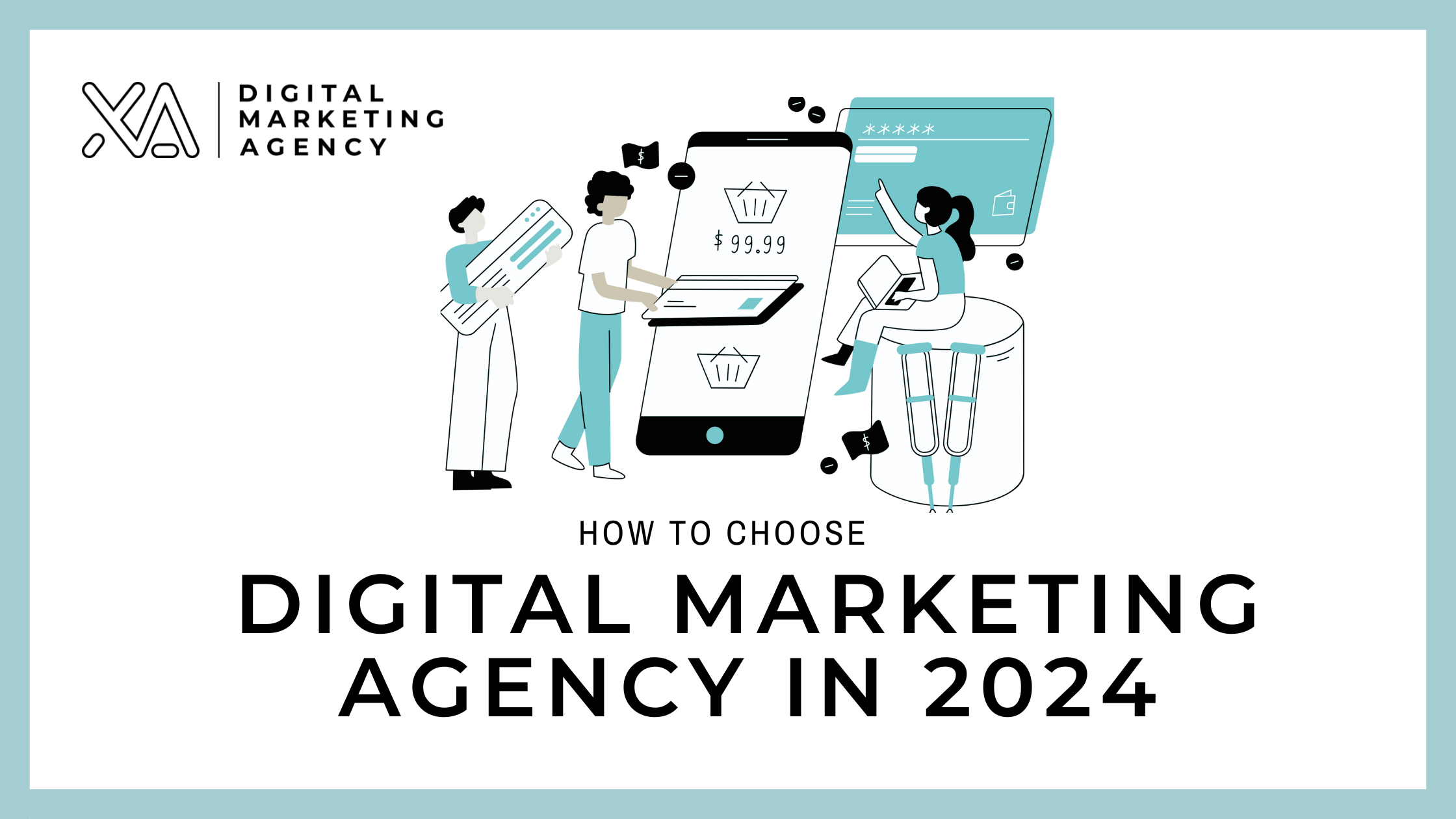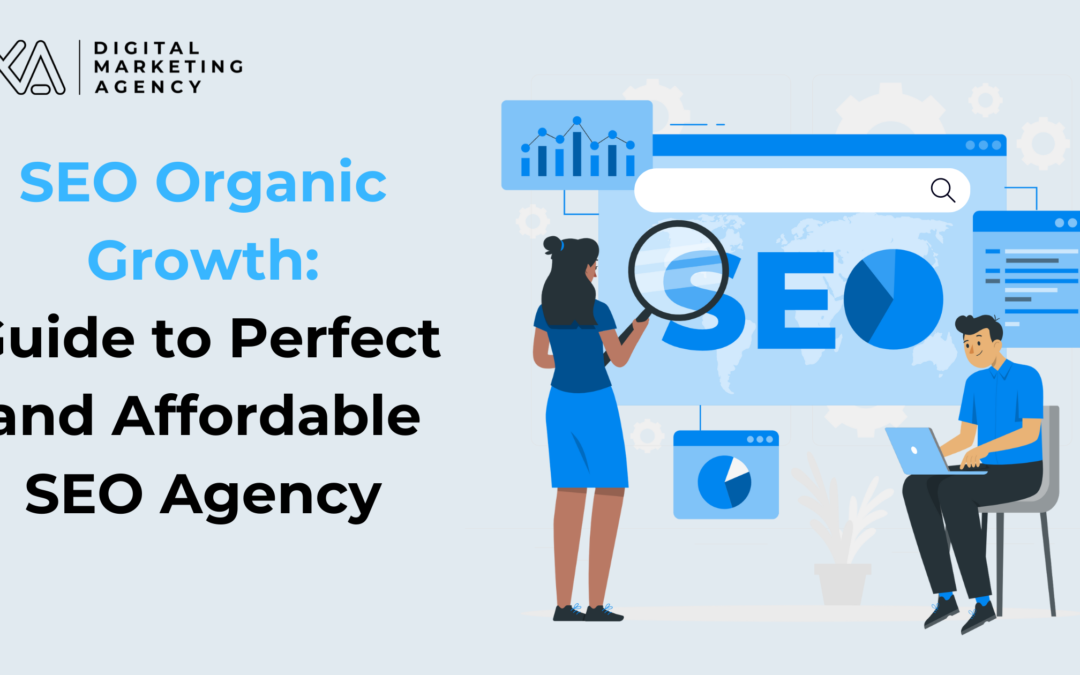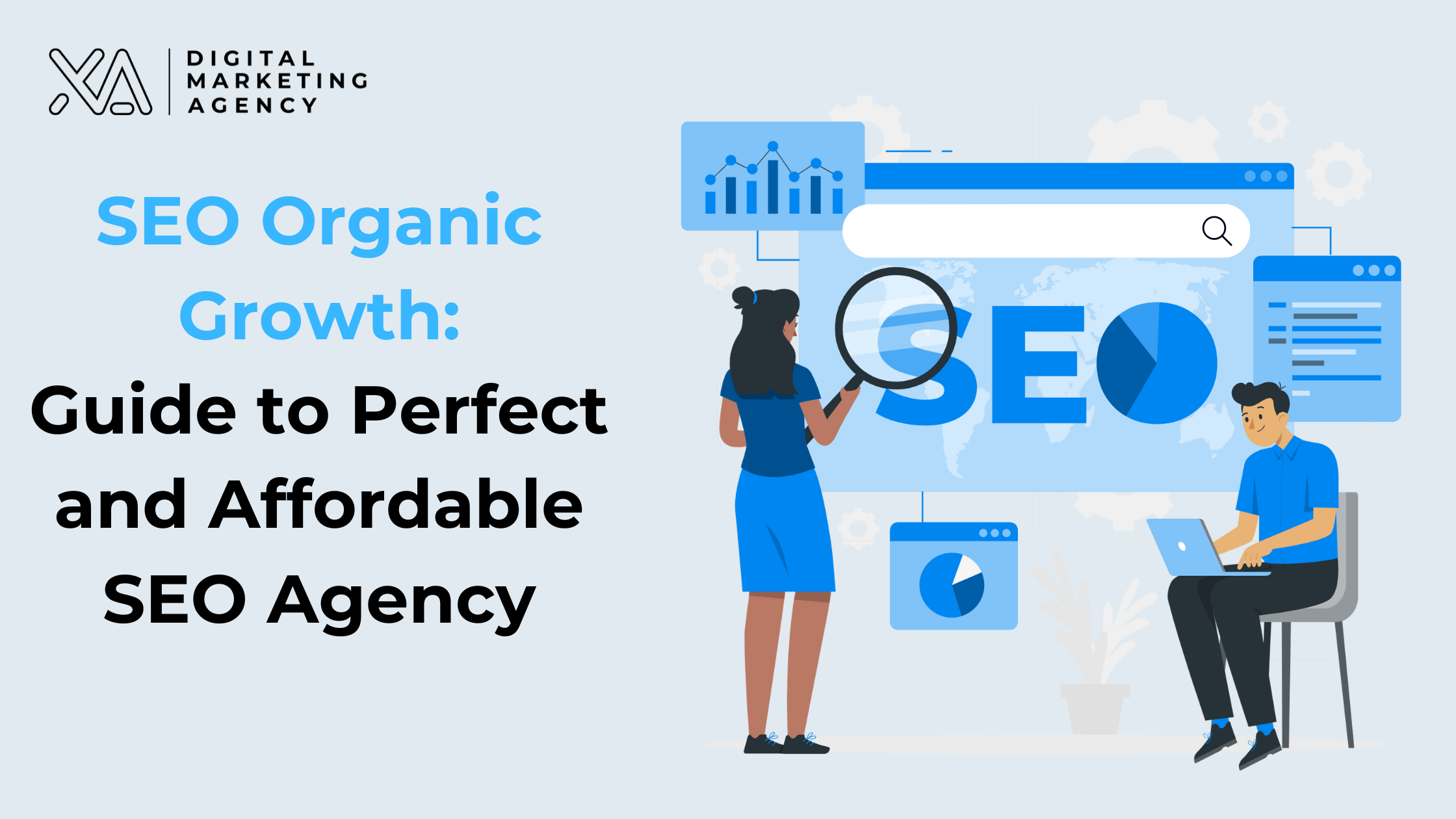
How to Choose the Perfect Digital Marketing Agency for Your Business in 2024

How to choose Digital Marketing Agency in 2024?
Digital marketing has become an essential aspect of running a successful business in today’s digital age. With the constant evolution of technology and consumer behaviour, it is crucial to stay ahead of the curve and effectively market your products or services online. However, with numerous digital marketing agencies out there, how do you choose the perfect one for your business in 2024? In this article, we will explore the key factors to consider when selecting a digital marketing agency that aligns with your business goals and vision.
Understanding Your Business’s Digital Marketing Needs
Before diving into the selection process, it is important to have a clear understanding of your business’s digital marketing needs. This involves a careful analysis of your target audience, marketing goals, and budget.
Identifying Your Target Audience
The first step is to identify your target audience. Who are your ideal customers? What are their demographics, interests, and online behaviour? By understanding your audience, you can ensure that the digital marketing agency you choose has experience and expertise in reaching and engaging with them.
Setting Clear Marketing Goals
Next, determine your marketing goals. What do you hope to achieve through digital marketing? Is it increased brand awareness, more website traffic, or higher conversions? Clearly defining your goals will help you find an agency that can deliver the results you desire.
Determining Your Budget
Another crucial aspect to consider is your budget. How much are you willing to invest in digital marketing? While it is important to find a cost-effective solution, remember that quality comes at a price. Finding the right balance between your budget and the agency’s capabilities is key.
The Importance of Research in Selecting a Digital Marketing Agency
Once you have a clear understanding of your business’s digital marketing needs, it is time to dive into the research process. This involves evaluating agency reputation and reviews, checking their specializations and services, and understanding its approach to transparency and reporting.
Evaluating Agency Reputation and Reviews
Look for testimonials from previous clients. These can provide valuable insights into the agency’s ability to deliver results and meet client expectations. Additionally, case studies can give you a more in-depth look at the agency’s past projects and the impact they had on their clients’ businesses. Online reviews are also a great resource for unbiased feedback.
Checking Specializations and Services
Ensure that the agency offers the specific digital marketing services your business needs. It’s equally important to consider their expertise in your industry. A digital marketing agency with experience in your industry will have a better understanding of your target audience, competition, and industry trends.
Transparency and Reporting
You want to work with an agency that values open communication and provides regular updates on the progress of your campaigns. A transparent agency will not only keep you informed about the strategies they are implementing but also be honest about the results they are achieving. Look for an agency that is willing to share detailed reports and analytics.
Key Factors to Consider When Choosing a Digital Marketing Agency
With a solid understanding of your business’s digital marketing needs and thorough research on potential agencies, it is now time to consider some key factors that can make or break your decision.
Agency’s Experience in Your Industry
One of the crucial factors to consider is the agency’s experience in your industry. Do they have a proven track record of success with businesses similar to yours? An agency with industry-specific experience is more likely to understand your unique challenges and be able to develop effective strategies that deliver results.
The Agency’s Team and Their Expertise
Another important consideration is the agency’s team and their expertise. Who will be working on your campaigns? Do they have the necessary skills and knowledge to create and execute effective digital marketing strategies? A team with diverse expertise and a passion for what they do is invaluable in ensuring the success of your digital marketing initiatives.
Assessing the Agency’s Creativity and Innovation
Creativity and innovation are crucial in the fast-paced world of digital marketing. Does the agency demonstrate creative thinking in their past work? Do they stay updated with the latest trends and technologies? An agency with a creative and innovative approach can help your business stand out in the digital landscape.
The Role of Technology in Digital Marketing in 2024
In 2024, technology will continue to play a significant role in digital marketing. As you select a digital marketing agency for your business, it is essential to consider the following technological factors:
Importance of Data Analytics and AI
Data analytics and artificial intelligence (AI) will become increasingly important in optimizing digital marketing strategies. Look for an agency that leverages data-driven insights and AI-powered tools to fuel the success of your campaigns.
The Impact of Social Media Platforms
Social media platforms will continue to dominate the digital marketing landscape in 2024. Consider an agency’s expertise in leveraging social media platforms to reach and engage with your target audience effectively.
The Rise of Mobile Marketing
Mobile marketing will continue to grow in importance as more people rely on their smartphones and tablets for online activities. Ensure that the agency has experience in mobile marketing strategies, including mobile-responsive design and mobile advertising.
Conclusion
Choosing the perfect digital marketing agency for your business in 2024 is a crucial decision that can greatly impact your online success. By understanding your business’s digital marketing needs, conducting thorough research, and considering key factors, you can find an agency that aligns with your goals and delivers exceptional results. Remember to keep technology trends in mind as you make your decision to stay ahead of the competition and maximize the potential of your digital marketing efforts.














